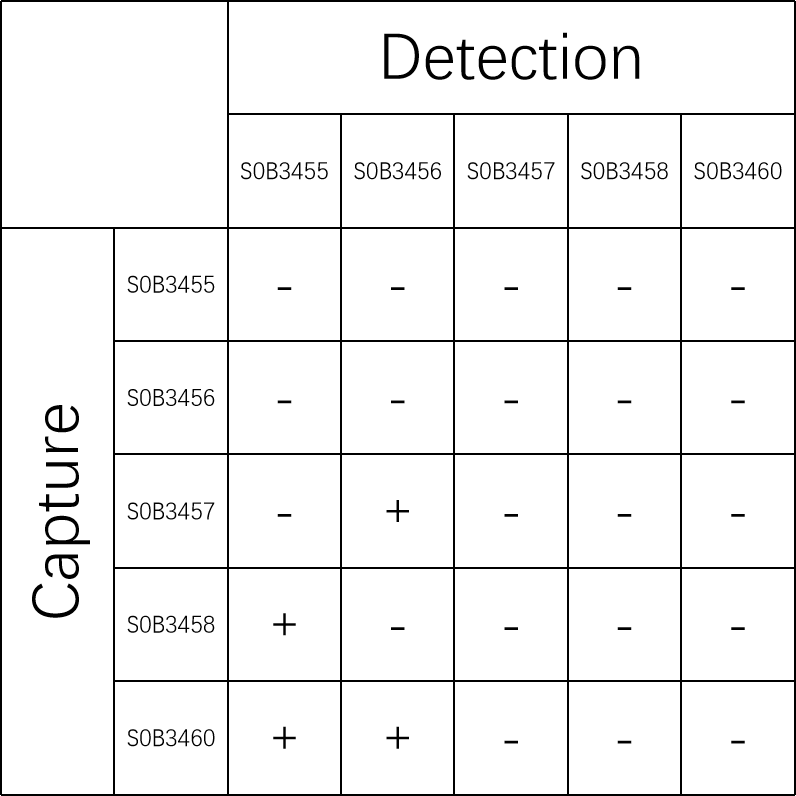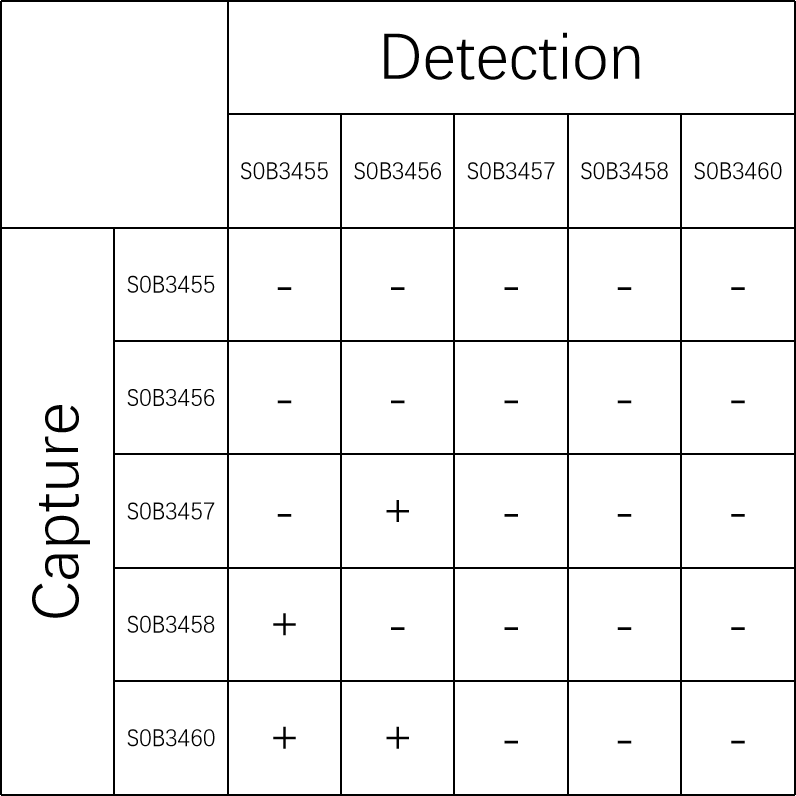Product Details
Product Details
Product Specification
| Host | Rabbit |
| Antigen | ApoE |
| Synonyms | Apolipoprotein E; Apo-E; APOE, ApoE2, ApoE3, ApoE4 |
| Immunogen | Recombinant Protein |
| Accession | P02649 |
| Clone Number | SDT-1849-5 |
| Antibody Type | Recombinant mAb |
| Isotype | IgG |
| Application | Sandwich ELISA |
| Reactivity | Hu |
| Cross Reactivity | No cross-reactivity against ApoA1, ApoB, ApoC2; recognize ApoE4 as well as ApoE2 and ApoE3. |
| Purification | Protein A |
| Concentration | 2 mg/ml |
| Purity | >95% by HPLC |
| Conjugation | Unconjugated |
| Physical Appearance | Liquid |
| Storage Buffer | PBS pH7.4, 0.03% Proclin 300 |
| Stability & Storage | 12 months from date of receipt, 2 to 8 °C as supplied |
Background
Apolipoprotein E (ApoE) is a multifunctional protein that plays a crucial role in lipid metabolism and transport. It is synthesized primarily in the liver and brain, and it helps in the formation and clearance of chylomicrons and very low-density lipoproteins (VLDLs), which are essential for the transport of dietary lipids and endogenous lipids throughout the body. ApoE exists in three major isoforms—ApoE2, ApoE3, and ApoE4—each with distinct genetic and functional characteristics. ApoE3 is considered the most common and neutral form, while ApoE4 is associated with an increased risk of developing late-onset Alzheimer's disease and cardiovascular diseases due to its role in promoting amyloid-beta aggregation and impaired lipid clearance. In the brain, ApoE is involved in synaptic function, neuronal repair, and neuroinflammation, highlighting its importance in maintaining central nervous system health.
Picture
Picture
Paired Recommendations



